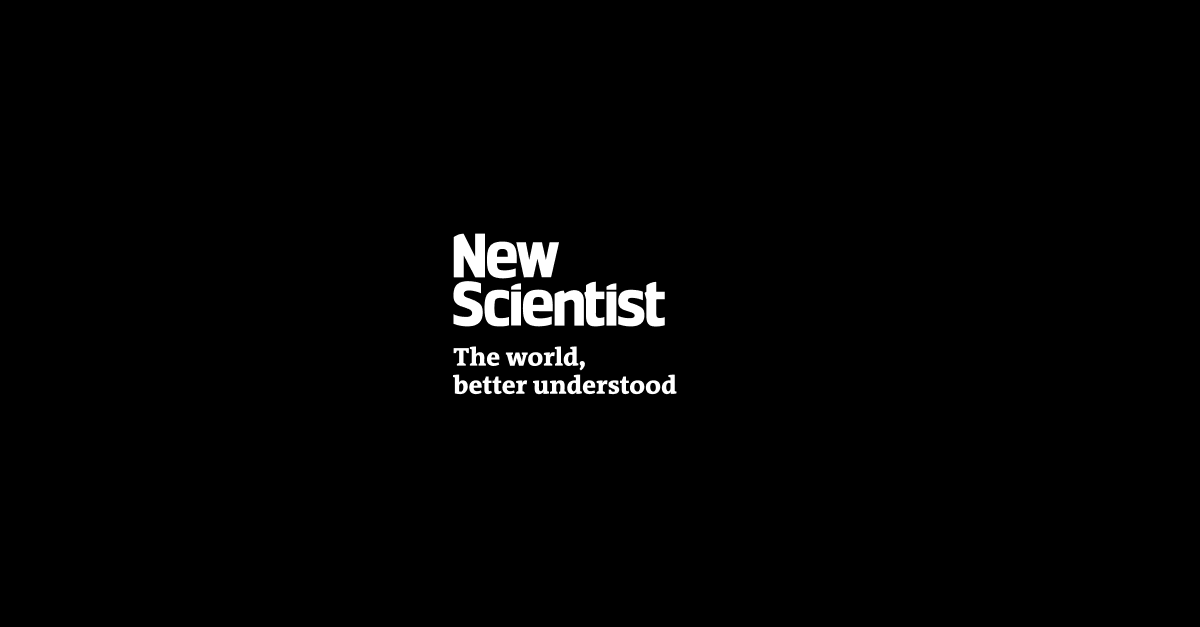Sam Falconer
Like many young children, Sijbren Otto was fascinated by the history of life and wanted to dig up dinosaurs when he grew up. But life doesn’t always go to plan, and he ended up becoming not a palaeontologist in the field, but a chemist in the lab. Still, maybe that wasn’t such a departure from his childhood dream. Thanks to a surprise discovery, his work would take him closer than any fossil ever could to the heart of one of the most profound questions about life on Earth.
In 2010, Otto stumbled upon some of the first synthetic molecules that could self-replicate. Since then, he has been trying to coax them into states that look intriguingly like life. “We’ve been building on them to make them do more and more lifelike things – not only replicate, but also metabolise and evolve,” he says.
That simple chemicals can behave in this way is startling enough. But recently, Otto’s experiments have also offered tentative evidence that life may best be described as a novel state of matter, an idea proposed by Addy Pross, a chemist at Ben-Gurion University of the Negev in Israel. “It’s a bridge that brings the physical and the biological worlds together,” says Pross.
The hope is that studying the physical processes that underpin life may explain how it originated and illuminate its nature. Already the results are suggesting that Darwinian evolution may be just one facet of a more general evolutionary principle that also applies to the non-living world. In which case, researchers argue, evolution…




